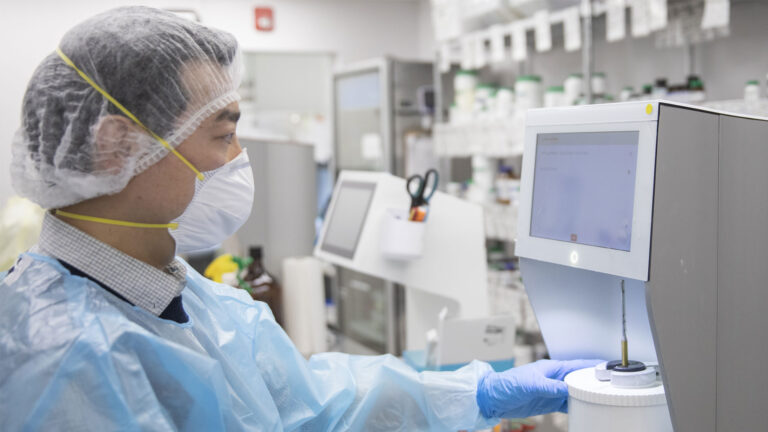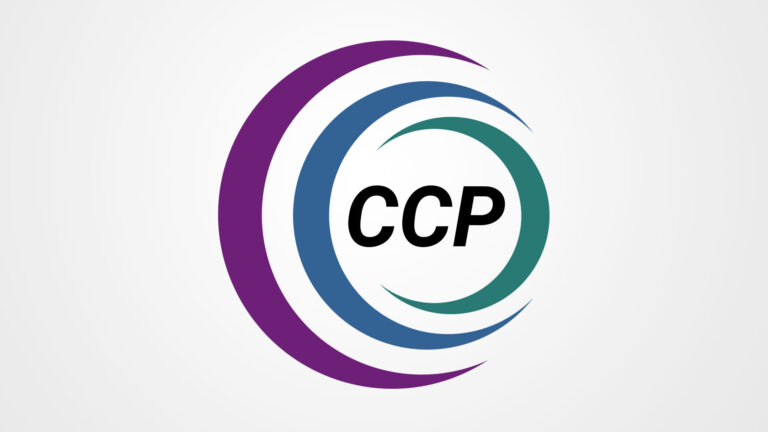On June 17, 2016, federal legislation on Medical Assistance in Dying (MAID) received royal assent. This provides a national foundation for MAID and addresses important protection for pharmacists and pharmacy technicians who compound or dispense drugs when supporting a physician or nurse practitioner who prescribe drug protocols for MAID.
What does Bill C-14 mean for pharmacists and pharmacy technicians?
- Administration of Drugs for MAID – Nothing in Bill C-14 allows a pharmacist or pharmacy technician to administer a drug or substance to a patient with the intention of causing death even if that patient meets the Carter Criteria. In this scenario, the pharmacist or pharmacy technician will be vulnerable to prosecution for culpable homicide or administration of a noxious substance under the Criminal Code (homicide, Criminal Codesection 222 or administering a noxious thing, Criminal Codesection 245).
- Counseling Suicide – Nothing in Bill C-14 allows a pharmacist or a pharmacy technician to counsel someone to commit suicide (Criminal Codesection 241(a)). Note that “counsel” in this context means to encourage or incite and not to advise or inform as is generally meant in the health care context.
- Protection against Prosecution for Homicide – The amendments in Bill C-14 (new section 227) exempt physicians and nurse practitioners who provide medical assistance in dying, in accordance with the Criminal Code, from prosecution for homicide. Significantly, the exemption also applies to physicians and nurse practitioners who had a reasonable but mistaken belief of patient consent.
The exemption from prosecution is also extended to any person who aids a physician or nurse practitioner in providing medical assistance in dying. Pharmacists and pharmacy technicians would appear to be included in this category.
- Protection against Prosecution for Assisting Suicide – Bill C-14 amends section 241 to exempt physicians and nurse practitioners from being prosecuted for aiding a person to commit suicide if they are providing medical assistance in dying in accordance with the Criminal Code. Section 241 also exempts people who may assist a physician or nurse practitioner to provide medical assistance in dying from prosecution for being party to an offence.
Significantly, section 241(4) exempts pharmacists who dispense drugs directly to a patientfor the purpose of medical assistance in dying from the offence of aiding suicide, so long as the dispensing occurs further to a prescription from a physician or nurse practitioner for the purpose of providing medical assistance in dying. No such exemption is provided for pharmacy technicians.
Again, Bill C-14 provides added protection for those exempt from prosecution if the person had a reasonable but mistaken belief to support their actions.
- Protection against Prosecution for Administering a Noxious Substance – Bill C-14 provides an exemption for physicians and nurse practitioners from prosecution for the offence of administering a noxious substance or poison to another person in the context of providing medical assistance in dying.
A person who assists a physician or nurse practitioner in the provision of medical assistance in dying is also exempt from prosecution for the offence of administering a noxious substance or poison to another person.
- Reasonable Knowledge, Care and Skill – Bill C-14 requires that medical assistance in dying must be provided with reasonable knowledge, skill, and in accordance with any provincial laws, rules or standards. This would include any (yet to be passed) provincial legislation, standards of practice for the profession, or protocols.
- Notification of the Purpose of Prescription – Bill C-14 requires physicians and nurse practitioners to inform the pharmacist if a prescription is for the purpose of providing medical assistance in dying before the drugs are dispensed.
ACP Guidance for Pharmacists and Pharmacy Technicians:
ACP will be replacing the two guidance documents published earlier this spring with a single document that reflects the new environment resulting from the federal legislation. Until this revised guidance is published, pharmacists and pharmacy technicians should review and can rely on the previous guidance subject to the following changes:
- With the expiry of the transition period (June 6, 2016) granted by the Supreme Court of Canada to accommodate the development of legislation, a provincial Court Order is no longer required to authorize MAID.
- The standards prescribed by the Minister of Health to amend the Standards of the College of Physicians and Surgeons of Alberta in June have been repealed. The context of those standards is reflected in the new federal legislation.
- Subject to the new federal legislation, a physician or nurse practitioner must specifically inform a pharmacist when the purpose of a prescription is for MAID, in advance of the prescription being dispensed.
- AHS policy continues to require that prescriptions for MAID be dispensed directly to the prescribing physician. While this is not an absolute requirement when MAID is to be provided in non-AHS facilities, it is strongly recommended by both ACP and CPSA. The protocol is a standardized requirement in Alberta, and requires discussion between the pharmacist and prescribing physician. We encourage this discussion to include arrangements for receiving the dispensed drugs, and the return of any unused drugs.
To protect patient autonomy and to comply with the Controlled Drugs and Substances Act, the preparation of the drug protocol should not be contracted from a licensed pharmacy to a Compounding and Repackaging pharmacy for preparation. Being “ready and willing” to compound and dispense drugs for MAID means that the pharmacy team has reviewed ACP’s guidance documents, has kept informed about changes in the guidance as the regulatory environment has changed, understands the protocol, and has the environment and skills to prepare (and compound if required) the prescribed drug protocol.




